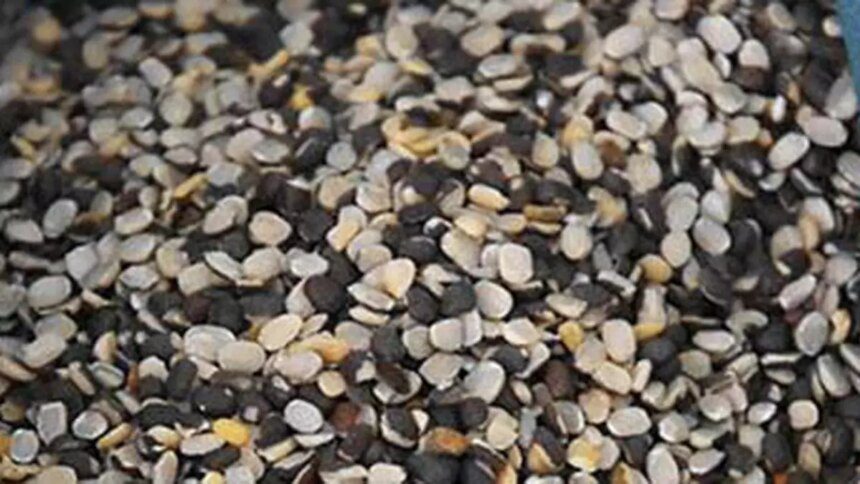Brazilian growers may decide to skip sowing black matpe (urad) crop in February-March if the Indian government does not extend duty-free import of the pulse crop within the next few weeks, experts revealed at a webinar on the crop.
Julio Mariucci from Coperaguas Cooperativa Agroindustrial, Brazil’s largest exporter of pulses, explained that Brazil typically grows two crops, one in February-March and the other in September-November. If the Indian government does not make a decision within the next 20 days, the window for the February-March crop will close. With pressure to grow crops like corn (maize) due to demands from China and Mexico, many farmers may opt out of planting black matpe.
Brazil could potentially produce around one lakh tonnes of black matpe if the duty-free imports are extended, but that number could drop to only 30,000-40,000 tonnes without an extension. The current permission for duty-free imports of black matpe is set to end on March 31, 2025, and there is a general consensus in the trade that it will be extended.
The decline in black matpe prices to ₹77-78 per kg from ₹101 in June-July has been attributed to increased supplies from Myanmar and Brazil, as well as significant imports of other pulses like yellow peas, chickpeas, and pigeon peas. Thailand, which has seen an improvement in the quality of its black matpe this year, could potentially benefit if Brazilian growers decide to shift to other crops.
Despite an increase in black matpe exports from Myanmar and projections of a large crop from the country, the consumption of black matpe in India has remained stagnant. The current situation in the black matpe market suggests that prices will likely remain stable or face slight pressure until the next kharif crop.
Overall, the uncertainty surrounding duty-free imports in India is impacting decisions for black matpe cultivation in Brazil and other countries. Myanmar, with its strong export focus, may see stability in prices while India grapples with shifting production dynamics in the pulse market.










